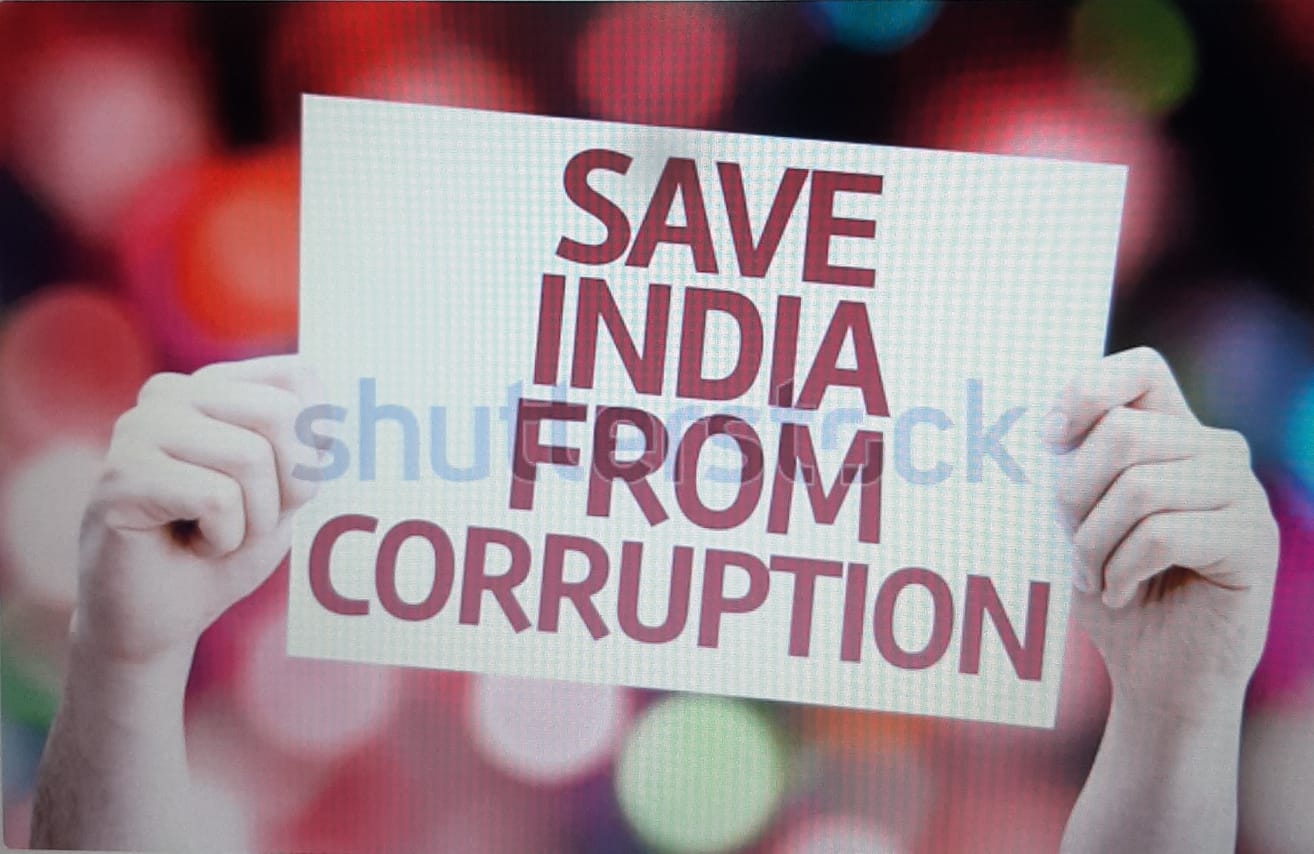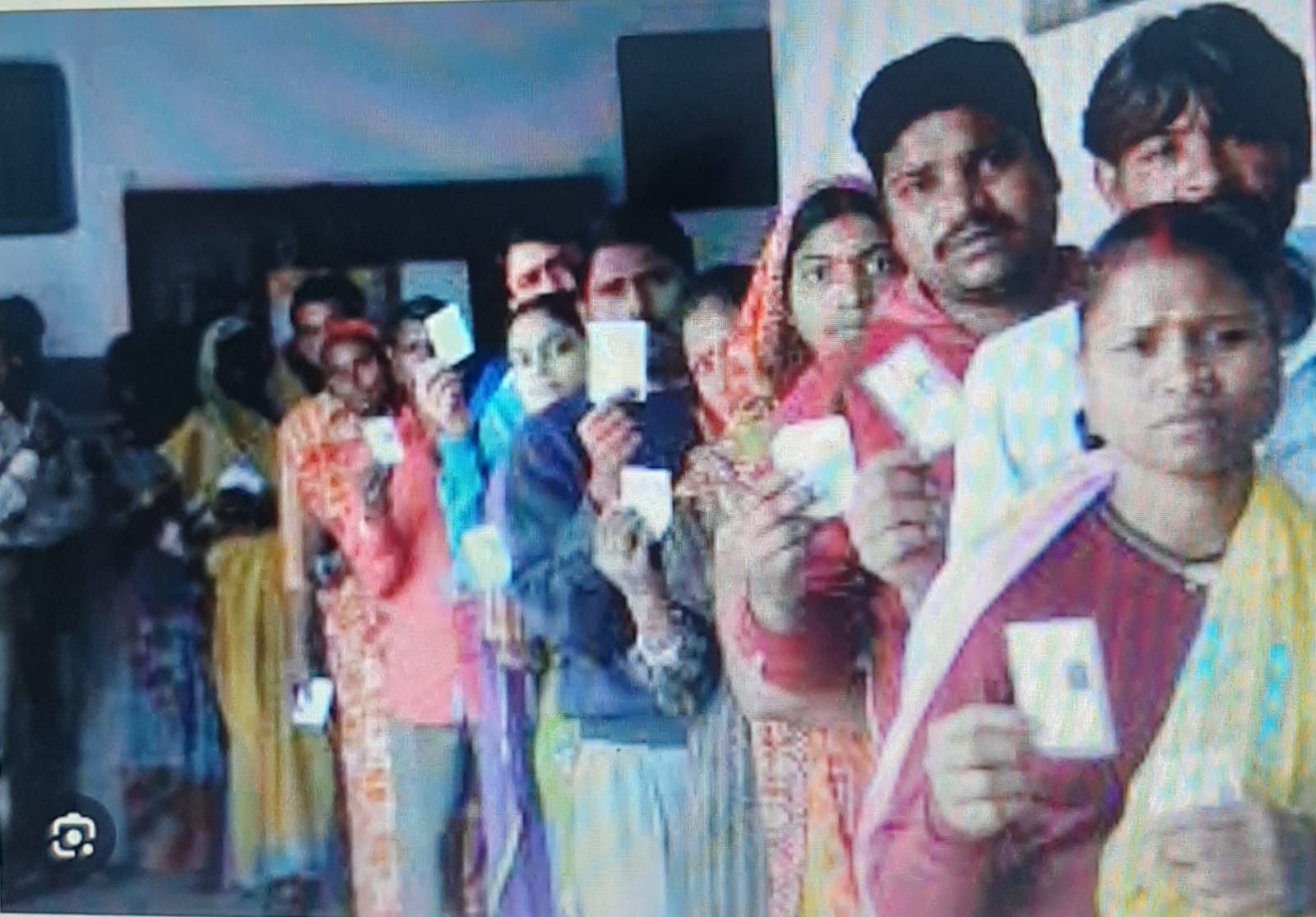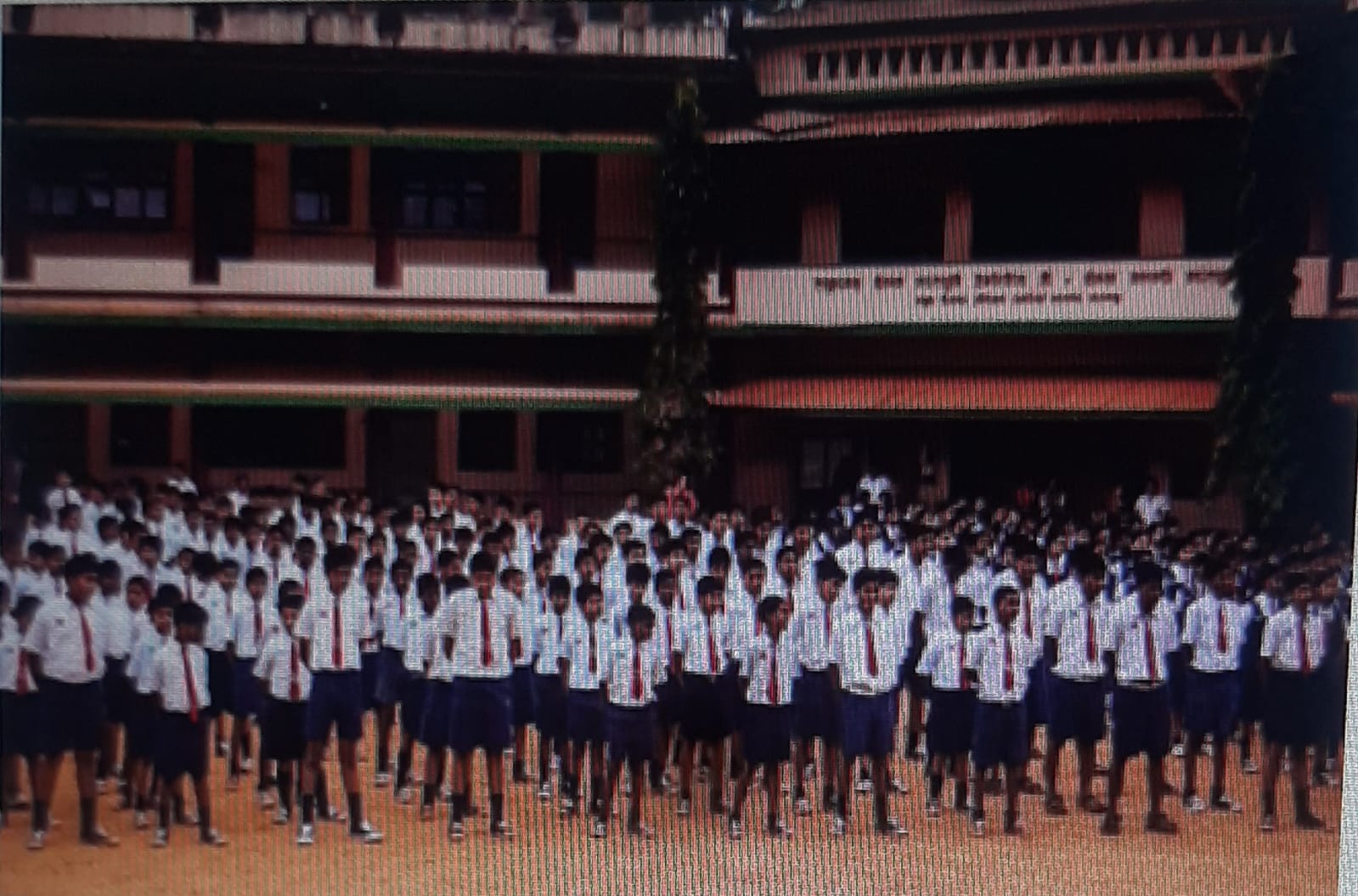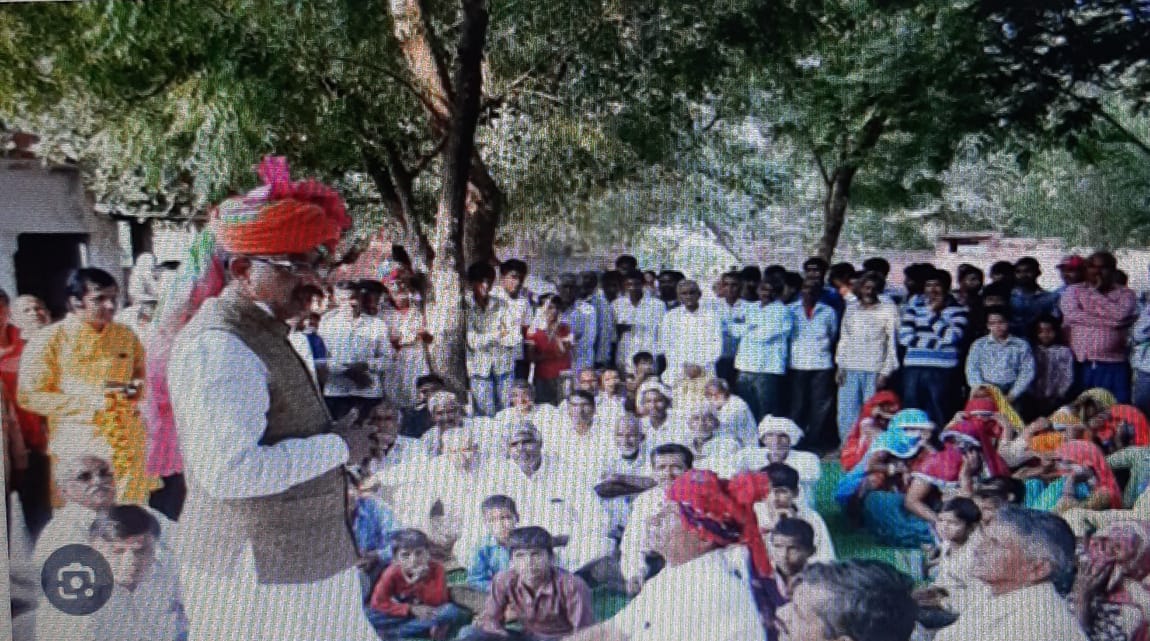
Politics is deepening the chasm between haves and have nots -which is portentous for the future of society-a peaceful world cannot exist with one third rich and two thirds hungry. we need to find our way to a morally robust public discourse, one that takes seriously the corrosive effects of meritocratic striving on the social bonds that constitute our common life, writes former IAS officer V.S.Pandey
Every society, across the globe, is undergoing a vicious conflict between the haves and have nots. This struggle, historically, culminated in the overthrow of monarchies and eventually led to the advent of democracy. But even after attaining basic rights and exercising their franchise to determine the formation of governments, the struggle of the have nots continues. All the “isms” of the ruling economic philosophies like capitalism, socialism, Marxism and what not, promise redemption to these hapless poor but the same old struggle between competing demands continues -to the advantage of the affluent haves. They are the omni powerful monied and are hostile opponents of even the idea of “equality” amongst the populace and take recourse to the well-known debate of “merit vs mediocrity”. This debate is age old and has had no conclusive outcome. Every side has its own set of powerful arguments to bolster its position.
After independence, our constituent assembly also debated this issue and decided to have provisions of positive discrimination through various provisos including that of reservations. In later years, post-independence, the merit vs mediocrity debate took center stage and today it is dominant in the political discourse – reservationist vs anti reservationist. Several prominent political parties owe their existence to this very plank and this narrative has shaped political outcomes of many poll battles across the states and center.
The issue needs to analyzed in our nation’s context. There are two crore plus jobs in central government, public sector enterprises and state governments put together. Assuming that the average length of service of a public employee is thirty years, annually- not more than eight lakh vacancies in government sector can arise due to retirements and premature deaths of public servants across the length and breadth of our country. Half of these eight lakh vacancies are reserved and a similar number are outside the quota system in our country. Guess how many people in the age group of 18 to 45 years are vying for these governmental jobs – an astounding forty crore plus aspirants as per conservative estimates! Imagine forty crore people fighting for a few lakh jobs! The country’s politics is immersed in encashing electorally this salient issue – to either protect the merit or preserve the reservation for the weaker sections of our population. It is impossible to declare who the victors are in milking this narrative -but the nation is the biggest loser-every time. Due to these divisive narratives, which are propagated only to preserve and protect the selfish interests of our political class – public good is hit and so is the nation’s progress.
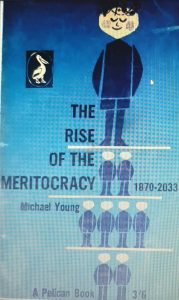
Six decades ago, a British sociologist Michael Young anticipated the hubris and resentment which meritocracy gives rise to. In his book “The Rise of the Meritocracy (1958) the author raised the hypothetical question as to what would happen if, one day, class barriers were overcome, so that everyone would have a truly equal opportunity to rise based solely on his or her own merit. He wrote that in one respect, this would be something to celebrate; the children of the working class would at last compete fairly, side by side with the children of the privileged. But it would not, Young thought, be an unmitigated triumph, for it was bound to foster hubris in the winners and humiliation among the losers. The winners would consider their success a “just reward for their own capacity, for their own efforts, for their own undeniable achievement, “and therefore look down on those less successful than themselves. Those who failed to rise would feel they had no one to blame but themselves.
For Young, meritocracy was not an ideal to aim at but a recipe for social discord. He glimpsed, decades ago, the harsh meritocratic logic that now poisons our politics and animates populist anger. The loss of jobs to technology and outsourcing has coincided with a resentment that society accords less respect to the kind of work the working class does. As economic activity has shifted from make my things to managing money, as society has lavished outsize rewards on hedge fund managers, Dalal street bankers, and the professional classes, the esteem accorded to work in the traditional sense has become fragile and uncertain.
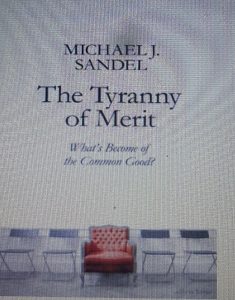
The world renowned contemporary American philosopher and thinker Prof. Sandel in his recently published book “The Tyranny of Merit” writes “We do not have much equality of condition today. Public spaces that gather people together across class, race, ethnicity, and faith are few and far between. Four decades of market driven globalization has brought inequalities of income and wealth so pronounced that they lead us into separate ways of life. Those who are affluent and those of modest means rarely encounter one another in the course of day. We live and work and shop and play in different places, our children go to different schools. And when the meritocratic sorting machine has done the work, those on top find it hard to resist the thought that they deserve their success and that those on the bottom deserve their place as well. This feeds a politics so poisonous and a partisanship so intense that we have lost the ability to reason together about large public questions, or even to listen to one another.’’
That is what we are witnessing today. We are conducting our public discourse as if it were possible to outsource moral and political judgment to markets, or to experts and technocrats, and have emptied democratic argument of meaning and purpose. Such vacuums of public meaning are invariably filled by harsh, authoritarian forms of identity and belonging – whether in the form of religious fundamentalism or strident nationalism. Politics is deepening the chasm between haves and have nots -which is portentous for the future of society-a peaceful world cannot exist with one third rich and two thirds hungry. Prof Michael Sandel rightly says that to reinvigorate democratic politics, we need to find our way to a morally robust public discourse, one that takes seriously the corrosive effects of meritocratic striving on the social bonds that constitute our common life. The total absence of discussion of questions of justice and ethics and of values in the public discourse is frustrating the discourse -what is even more sinister is the legitimacy given and glorifying of free market forces and the unprecedented power being wielded by the meritocratic uber rich -at a deleterious cost to the wretched teeming millions who are hopelessly toiling to keep body and soul together. This must change now.
(Vijay Shankar Pandey is former Secretary Government of India)



